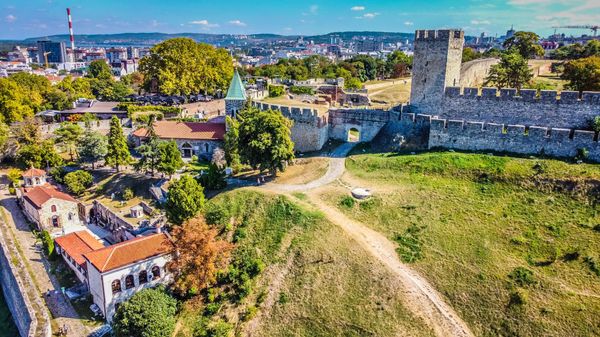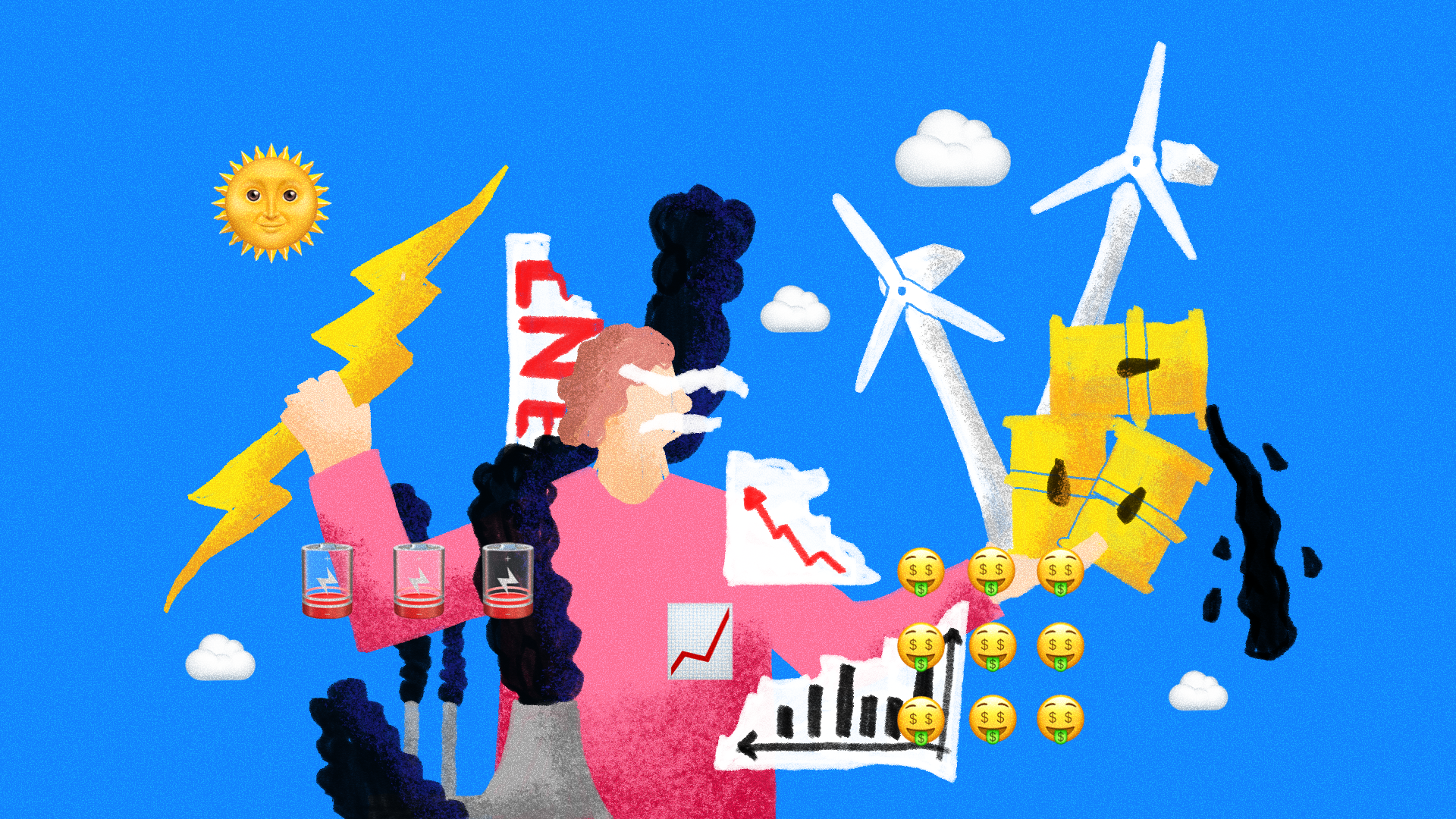Although Europe has survived this winter, high energy prices, energy dependence on Russia, energy independence, and diversification of energy sources have all become the buzzwords of 2022. These problems affect everyone, and they need to be addressed somehow. What is the current state of the energy crisis, and what are the hurdles to cutting off Russian gas in the long term? What can the European Union expect in this regard?
The Atlantic Council think-tank published a study at the end of 2022 on the EU’s future expectations regarding energy and why stable gas prices could be false hopes. The authors made clear at the beginning what might be evident to everyone now: to put it mildly, Russia is an unreliable gas supplier. Moscow weaponized its gas exporter status, forcing Europe to look for alternative solutions to ensure a sustainable gas supply system and affordable gas prices.

The required changes are complicated and time-consuming but are highly desirable for Europe in the long term as they are also necessary for the continent’s decarbonization ambitions. EU countries need to define how much Russian gas can be replaced in order to achieve adequate diversification of natural gas resources. Moreover, they have to provide the necessary conditions, such as infrastructure for gas transport. But this is a challenging path, so Europeans can anticipate a few more tough winters.
The gas prices are falling on the Dutch TTF (Title Transfer Facility) virtual trading point, which could give some basis for optimism. Still, it is wishful thinking; further LNG (liquefied natural gas) imports to the EU would have the potential to help diversification, but it can only work with sufficient infrastructure and importers.

Qatar is one of the world’s leading LNG producers and exporters. In 2021, the small country exported more LNG than the United States, and it is expanding steadily. Doha could become a supplier of Europeans, and since February 2022, they have already had negotiations with several EU countries, such as Germany, Czechia, and Slovakia. Still, Qatar prefers to focus on the Indo-Pacific; in 2020, it exported almost 90% of its LNG to this region. The EU could probably compete with the Asia-Pacific region only if it demonstrates a long-term commitment to Qatar. The study estimates that currently, only 10-15% of Qatar’s LNG can be shipped to Europe. Doha prefers partners who aim for long-term cooperation, and although it has pledged to increase supplies to Europe, a long-term contract seems a prerequisite for Qatari LNG. But such a contract would jeopardize the EU’s decarbonization plans.
The United States, the other major supplier, could also play a significant role in supplying Europe with gas, which has actually already happened to some extent in 2022. As the demand fall in East Asia and the US suppliers are flexible, far more LNG has arrived in Europe than previously agreed. However, this does not guarantee that such a trend will continue in the coming years: at present, there are still many factors hampering the smooth delivery of American LNG to Europe. One of these is the cumbersome permitting process for LNG projects; reforming and simplifying strict regulations could cut the time of building an expansion project by half. Furthermore, just like in the case of Qatar, the climate issue also poses serious challenges to the growth of EU-US cooperation. Both Europe and America need to make long-term decisions consistent with their green ambitions, but this is not easy. Advanced cooperation with Washington would undoubtedly align with Europe’s long-term interests and create a far more beneficial order than the current one. Nonetheless, its implementation also requires long preparation, such as building the necessary infrastructure.

The report’s main conclusion and takeaway is that the lack of adequate infrastructure and the shortage of suppliers are Europe’s primary challenges in terms of diversifying energy sources and achieving energy independence from Russia. European states need to seek cooperation regarding the continent’s energy supply with more countries besides the three current main players (Norway, Qatar, and the United States) in order to (at least partially) substitute Russian gas. At the same time, there is also a great need for investment in infrastructure, especially in the landlocked countries of Central and Eastern Europe that are more dependent on Russia. The study also discusses the potential of more extreme, pessimistic scenarios; Europe cannot rule out the possibility of colder weather, increasing Asian demand, or the sabotage of energy infrastructure. The trajectory and severity of the crisis during the next decade will mostly depend on the decisions taken in the following two years. Therefore, the gas issue will not be solved overnight; it will most probably remain at the top of Europe’s agenda. What our continent needs most is a long-term vision to ensure that the needs of the population are met.
Graphics: Roland Molnár

The 11th Budapest Central European Fashion Week kicked off with a new concept

The historic city center of Belgrade is being rehabilitated










